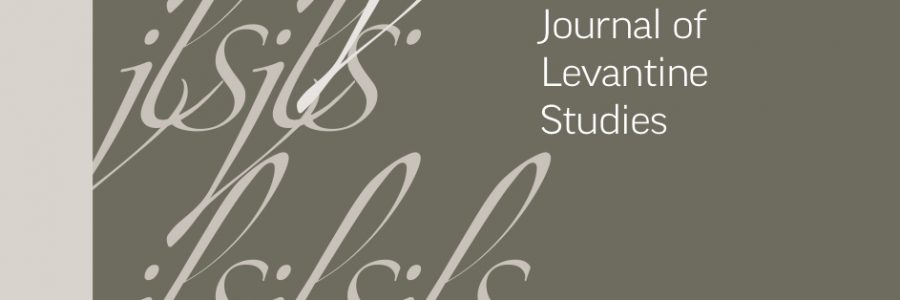-
Add to cartQuick view
Cultural Trends of Urbanization in Salonica: Ottoman Poetic Genres of the Ritual Songs of the Ma’aminim
Free!The “Ma’aminim,” known derogatorily as “Dönme,” followed in the footsteps of their messiah—Sabbatai Tsevi—and broke out of the boundaries of Jewish society by converting to Islam during the 1680s. They established their center in Ottoman Salonika. While outwardly being fully Muslim, the Ma’aminim secretly developed and observed a hybrid messianic religion consisting of ritual practices and beliefs that were a combination of their unique Sabbatian faith, their Sephardi Jewish origins, and elements appropriated from their non-Jewish Ottoman surroundings. The aim of this paper is to illuminate the songs of the Ma’aminim—perhaps the most crucial inner-communal source available to us—in light of the context in which they were created. The main tool for contextualizing will be the examination of two popular, previously unnoticed Ottoman poetic genres to which many of the Ma’aminim songs belong: şarkıand türkü. The paper claims that the extensive use of these genres reflects common cultural preferences among the Ma’aminim and wider cultural trends of the time in which the songs were created, trends that were related to changes in urban Ottoman society. This focus on these genres will demonstrate the importance of considering the Sabbatian mystical sources as a historical document and will offer a cross-cultural perspective for pursuing further research on these unique texts.
Add to cartQuick view -
Add to cartQuick view
The Long Shadow of Max Weber: The Notion of Transcendence and the Spirit of Mystical Islam
In this article I argue that Max Weber’s analysis of the reasons behind Islam’s failure to convert its sophisticated notion of transcendence into the order of rationalization that was initiated, according to him, in Protestantism, is based on a flawed conception of the implications of this notion for the Islamic mystical tradition, whose greatest representative is Muhyddin Ibn al-ʿArabi (d.1240). I discuss three distinguished scholars’ visions of Islam: Muhammad al-Jabiri, Ahmet Davutoğlu, and Richard Khuri on the background of Max Weber’s analysis of the sociopolitical history of Islamic civilization. I attempt to show that Jabiri’s negative view and Davutoğlu’s indifferent view of Ibn al-ʿArabi’s mystical philosophy precluded them from overcoming Weber’s implicit influence on their thought. Despite their limitations, Khuri’s highly appreciative view of the Islamic mystical tradition in general and Ibn al-Arabi’s unique notion of transcendence in particular, are major steps beyond Jabiri’s and Davutoğlu’s conceptions of Islam, which may be considered Weber’s mirror images, and towards an appreciation of the spirit of its intellectual history.
$5.00Free!Add to cartQuick view
- Home
- About JLS
- Issues
- Vol. 9 No. 1 | Summer 2019
- Vol 8 No 2 Winter 2018
- Vol. 8, No. 1: Summer 2018
- Vol. 7, No. 2: Winter 2017
- Vol. 7, 1: Summer 2017
- Vol. 6, Summer/Winter 2016
- Vol. 5, No. 2 Winter 2015
- Vol. 5, No. 1 Summer 2015
- Vol. 4, No. 2 Winter 2014
- Vol. 4, No. 1 Summer 2014
- Vol. 3, No. 2 Winter 2013
- Vol. 3, No. 1 Summer 2013
- Vol. 2, No. 2 Winter 2012
- Vol. 2, No. 1 Summer 2012
- Vol. 1, No. 2 Winter 2011
- Vol. 1, No. 1 Summer 2011
- Blog
- dock-uments
- Subscribe
- Submit
- Contact



